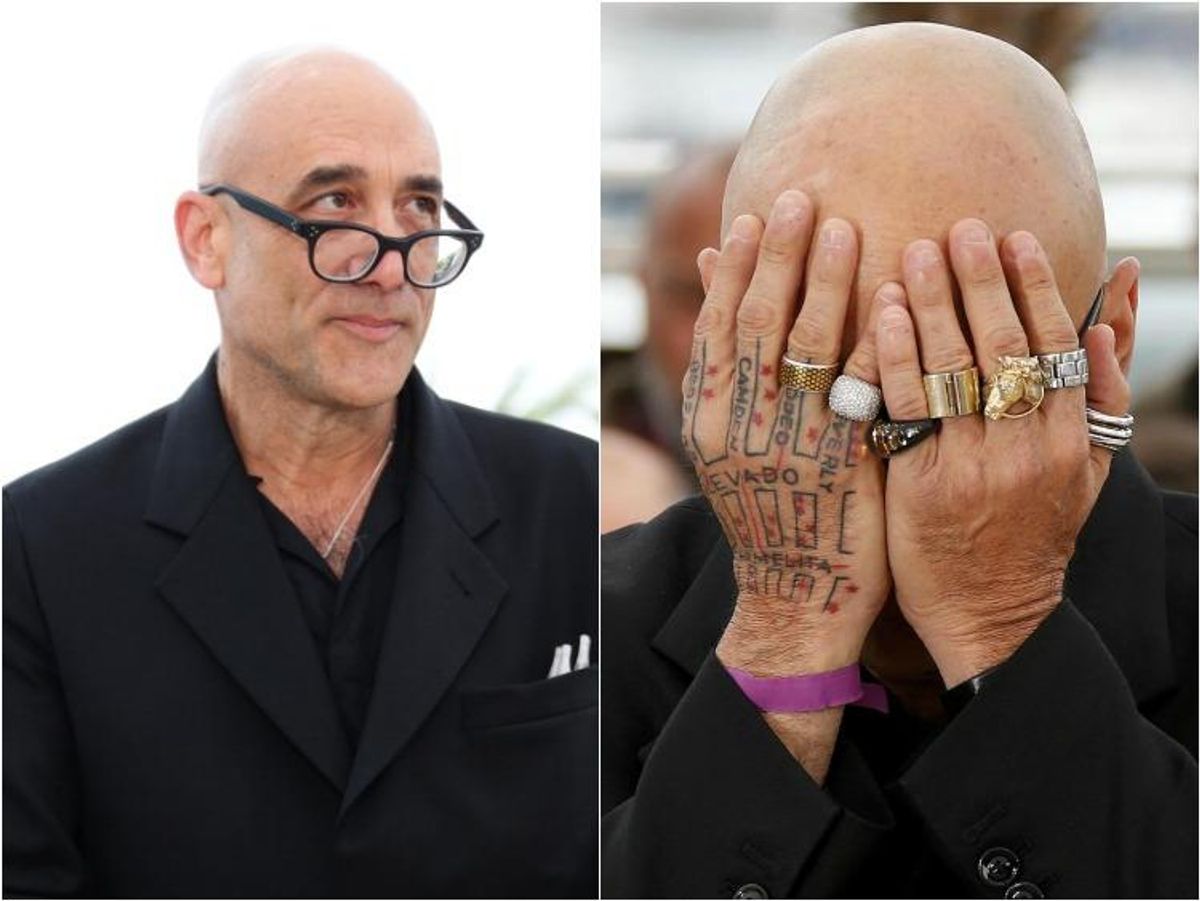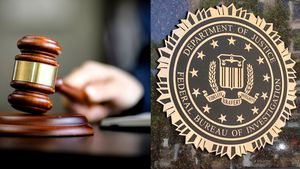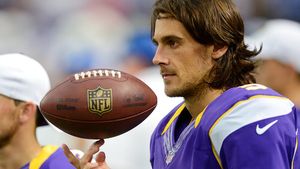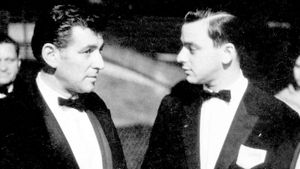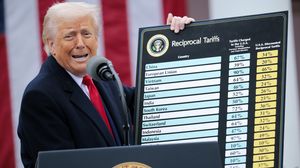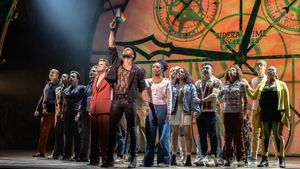Bruce Wagner is sneaking a smoke. Seated in a high-backed leather chair in a cozy corner of the sixth floor restaurant of the SoHo House in New York City, he surreptitiously ducks under his black jacket to take a drag from his e-cigarette. In fact, he's wearing all black: black insulated Carhartt overalls, a black winter beanie, black boots. It's the sort of getup you'd expect a Brooklyn punk artist might be wearing. Not a Hollywood screenwriter, born and raised in Beverly Hills. Although he's been more embraced on the East Coast for his dark, acerbic books and screenplays, he's loyal to his California roots.
"There is a genuine contempt for all things California -- particularly Los Angeles -- from people on the East Coast," Wagner explains (as he puffs). "It's really an enmity. The idea of going to Los Angeles is repellent to people, or finding oneself trapped there. I'm a real California boy, though. My hero isn't Lou Reed, it's Brian Wilson, you know what I mean?"
It's one reason why he bristles when critics and magazine writers call his films Hollywood satires. Wagner's sitting in New York the day before his film, Maps to the Stars-- directed by David Cronenberg and starring the newly anointed Academy Award-winning actress Julianne Moore -- opens in theaters. And it's clearly been a watershed moment in a life that has included driving a limo for celebrities staying at the Beverly Hills Hotel, such as Audrey Hepburn, Olivia de Havilland, Andy Warhol (and Larry Flynt, he notes) and publishing many novels.
Wagner began the screenplay for Maps over a decade ago, and he and Cronenberg have been conspiring to get it made ever sense. That he's dedicated to the story is clear: He got a semi-crude map to Hollywood stars' homes tattooed on his right hand last year. The street names -- Beverly on his pinky, Rodeo on his ring finger in dark ink tracing his knobby knuckles, red stars marking the homes of Hollywood luminaries -- are impossible to miss. Especially when he was photographed accepting Julianne Moore's Best Actress Award at the Cannes Film Festival last year because she and Cronenberg had already left France a week earlier.
"I knew it was downhill from there," he says, admitting that until then he was always anxious something would keep the film from ever being released. "I finally knew the omens were good for the movie."
Although people often try to quantify a film's success by the awards and accolades, he's not concerned that Maps to the Stars has been such an outlier. Wagner explains that they didn't want to "muddy the waters" by attempting to compete against Still Alice at the Academy Awards, and although they were nominated for 11 Canadian Screen Awards -- Xavier Dolan's Mommy swept them -- John Cusack ultimately was recognized for Best Supporting Actor for his role in Maps.

It makes sense that it might not seize audiences as easily and manipulate them into loving it. Like most of Wagner's work, whether screenplays or books, it's difficult material that delves into ideas that make people squirm, such as incest. But he defends the metaphorical imperative, especially when it comes to Mia Wasikowska's Agatha character. "I was writing about the mythology of a particular family because of an original sin -- which was brother/sister marriage," he explains. "For me, it's super heated. There's something that feels inexorable about it. It's fateful, and it's an engine that drives our character."
He clarifies that the incest between Mia (an actor he's particular fond of and who he describes as protean) and Evan Bird, who plays the little boy in the film, is "nonsexual, it's non-erotic," adding: "Even the kiss at the end is chaste."
Wagner says ultimately, "Agatha can't escape the monster that was created by her parents, but she escapes with as much grace and dignity as she can, without completely destroying that template."
Wagner hopes people will find Maps to the Stars poetic. "It's ultimately a very tender poignant film," he says. "It's difficult for some people to get past the scabrous aspects of it. They expect to see The Player or Mullholland Drive, but its not simplistic. It begins as a raucous vicious satire, if you will, and by the end it's something like a meditation."
Now that the long path of Maps from script-to-screen has run its course, Wagner is already pushing for his next screenplay, which he reveals is about a transgender man. But he doesn't want people to think it's a theme he's jumped to because it seems "all the vogue" in Hollywood.
"I've always written about people in all their sexuality and their efflorescence of self," he says, using the three-dollar word without a hint of pretension, and taking another drag of his e-cigarette that the wait staff has yet to notice. "That means all of my books and screenplays contain characters that are polysexual, omnisexual or sexually wounded or repressed. It's nothing new for me."
Watch Wagner and Cronenberg discuss Hollywood's literary roots:
